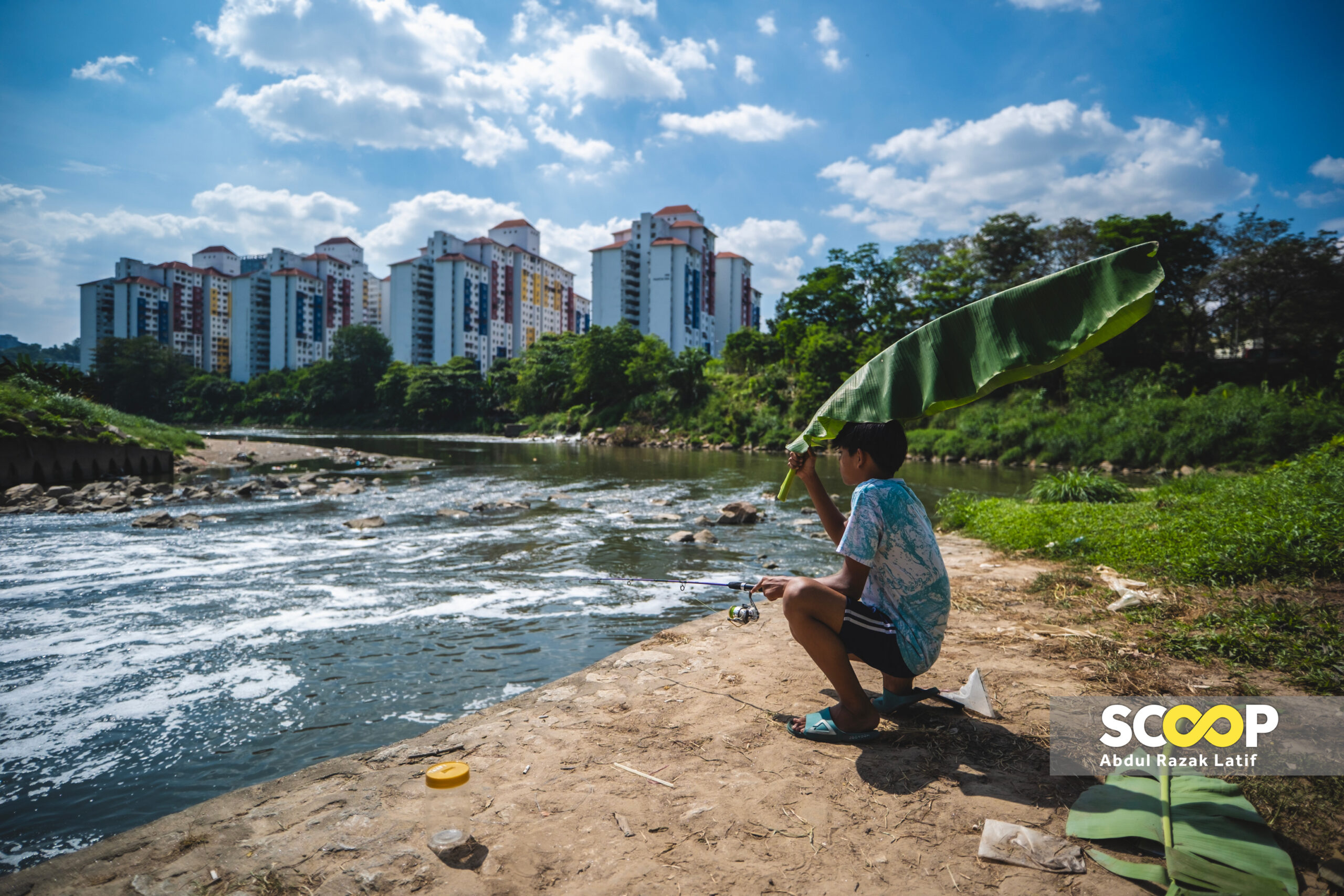KUALA LUMPUR – Experts have emphasised proactive measures as Malaysia grapples with a relentless heatwave, cautioning against the irreversible effects of global warming while offering strategies to mitigate immediate risks.
Policy and environment
At the policy level, environmental activist Amlir Ayat outlined crucial steps to combat soaring temperatures, advocating for halting deforestation, land-use activities, and rare earth mining in forest reserves.

He proposed to implement tree rescue initiatives to safeguard green spaces slated for development. This should be coupled with stricter monitoring of environmental infringements and promoting sustainable lifestyles.
“(The government can also look into) activating the saving and rescuing of trees where they can save as many trees or plants as possible from areas planned for development, and grow them in safer and more suitable places.
“The authorities can also conduct more rigorous monitoring of development activities. This includes those involved in forest clearance and enforcement, as well as promoting a sustainable lifestyle to the public to help reduce global warming.
“They can also encourage the public to lodge reports or highlight any illegal activities involving environmental degradation to the authorities,” he said.
Despite avenues to potentially reverse global warming, environmentalists have long warned of extreme temperature spikes.
They have attributed this to historical industrialisation and emulation of “developed” nations, Amlir said.
He also underscored the far-reaching social and economic ramifications of environmental degradation.
“Environmentalists have predicted this extreme temperature effect long ago.
“The damage has begun since the Industrial Revolution and is made worse by almost the rest of the world, which struggles to be like the so-called ‘developed’ nations.
“The domino effect of these actions is not only going to last for at least a decade, but it is also multipronged into so many social and economic pathways because the components of our lives and survival are so interconnected with every single environmental resource.”
Climatic pattern
Meteorologist Datuk Azizan Abu Samah from Universiti Malaya contextualised the current heatwave within climatic patterns, highlighting El Nino’s role in exacerbating temperatures.

Despite the sweltering conditions, Azizan anticipated a respite in April with the onset of the inter-monsoon period, projecting lower temperatures due to increased rainfall and cloud cover.
“If we are under El Nino’s influence, then we can expect the maximum temperature to be much hotter.
“El Nino’s phenomenon tends to curb rain, which means fewer clouds. So it would increase radiation from the sun, which translates to a higher maximum temperature.
“What we are currently experiencing, especially in Kedah and Perlis, is what the locals would call ‘musim timur’, which associates the weather with a clear sky.
“This annual season would usually occur at the later end of the northeast monsoon season, usually around February to March.”
Health
In light of health concerns, an anonymous medical expert advised Malaysians to prioritise hydration and modify their lifestyles.
He also emphasised the dangers of dehydration exacerbated by sugar consumption, particularly during fasting periods.
Warning signs such as dizziness and darkened urine colour were flagged, along with recommendations for increased water intake and heat management strategies.

Citing the risks of heat-related illnesses, including heat exhaustion and strokes, the medical expert urged vigilance and proactive health-seeking behaviours among Malaysians.
“Now is the best time for our public to start changing their daily habits, from drinking sweet drinks to drinking more plain water or isotonic.
“They must make sure that their body is hydrated at all times, especially during this fasting month.
“This is because dehydration could do quite severe damage to one’s body, such as being infected with a urinary tract infection or having their kidneys potentially stop working at some point.
“So, while braving this heatwave, the public should make sure they consume a lot of plain water, stay indoors as much as possible, and always have a cold compress ready to reduce their core temperature at any time of the day,” he said.
He added that the current temperature brings along risks of heat exhaustion, constant headaches, and heat strokes.

He also added that oftentimes, Malaysians would seek medical help when it is too late.
“In the current weather, Malaysians should be more aware of what their body is telling them, especially the warning signs. A lot of us could be facing heat exhaustion without noticing it.
“So, I believe, now would also be the best time for Malaysians to adopt ‘health-seeking behaviour’ instead of going to the clinics only when they feel they cannot stand the heat.
“The public should seek medical help or attention even at the slightest feverish feeling, as that could be because of dehydration as well.”
Recently, the Health Ministry advised schools located in areas with 35 to 37°C temperatures to suspend all outdoor activities. This follows the Meteorological Department and the Natural Resources and Environmental Sustainability Ministry’s heatwave alert in certain states.
The Health Ministry also said on March 15 that there were 23 cases of heat stroke reported between January and early March, of which one was referred to the intensive care unit. – March 25, 2024


